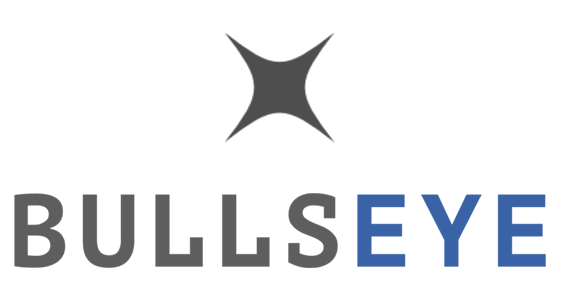Study In Canada

Canadians place great importance on learning, and have developed a first-rate education system with high standards. The country spends more on education (as a percentage of GDP) compared to the OECD average, and is the second highest among G-8 countries. Canadian teenagers consistently rank among the best in the world on international tests of reading, science and math – a testament to the outstanding quality of Canadian schools. A Canadian degree, diploma or certificate is well-regarded in business, government and academic circles around the globe.
Canada has ranked as one of the top ten places to live in the world since 1994 according to the United Nations (UN) and the Economist Intelligence Unit. In the UN survey Canada earned particularly high marks for its access to education, high life expectancy (due to universal health care system); and low crime and violence rates. In addition, Canada’s largest cities — Vancouver, Toronto and Montreal — have been recognized as world class cities in which to live and work, for their cleanliness and safety and for their cultural activities and attractive lifestyles.
A SAFE PLACE TO STUDY
Canada is considered to be a relatively peaceful, safe and orderly country. Its violent crime rate decreased for ten consecutive years from 1993 to 2003. Unlike its US neighbours to the south, firearms are strictly controlled and generally are not permitted. International students who come to Canada should follow the same common sense safety precautions as they would anywhere in the world. Students can contact any Can-Asia Centre to learn more about personal safety, or attend a safety orientation session at their school upon their arrival in Canada.
A HIGH TECH COUNTRY
Canada is a stimulating environment in which to do business and to learn, thanks to the contributions of many bright and talented scientists, researchers and entrepreneurs. The country is an international leader in computer and information technologies and has a reputation for excellence in such sectors as telecommunications, transportation and engineering; and specifically, aerospace, urban transport, microelectronics, medical devices, advanced software, hydroelectric and nuclear power, lasers and opto-electronics, biotechnology, food and beverage processing, geomatics; and ocean and environmental industries.
EDUCATION SYSTEM
The education system in Canada encompasses both publicly-funded and private schools, including: community colleges/ technical institutes, career colleges, language schools, secondary schools, summer camps, universities and university colleges. Education is a provincial responsibility under the Canadian constitution, which means there are significant differences between the education systems of the different provinces. However, education is important to Canadians, and standards across the country are uniformly high.
HIGH QUALITY EDUCATION
Education institutions are not officially ranked in Canada, but you will find quality institutions across the country. When choosing your school in Canada, consider the type, size and location of the institution. If you are interested in a particular area of study,Take our help in finding the right programs and choosing the right institution.
STUDENT PARTNERS PROGRAM
The Student Partners Program (SPP) is a Pilot Project designed and implemented in partnership between the Canadian visa offices in India and the Association of Canadian Community Colleges (ACCC). The SPP was launched in April 2009 as a pilot project to improve student recruitment outcomes. The Student Partners Program is open to Indian nationals only. Students do not apply to the SPP; they apply to a participating college and may be considered under the program if they meet specific criteria.
ENGLISH REQUIREMENT
- Diploma and Bachelor Degrees : IELTS 6.0/ 6.5 band with no band less than 5.5/ 6.0 Graduate Diploma and
- Post Graduate Diploma : 6.0/ 6.5 band Masters degrees: 6.5 band with no band less than 6.0
ACADEMIC REQUIREMENT
UNDERGRADUATE COURSES :
- It varies for each institution. Following guideline :
- A good grade is very important to go to Canada.
- You can apply if you have higher second division and first division. Some universities ask for much higher grades, check specific entry requirement details before applying.
POSTGRADUATE COURSES :
- Bachelor : 60% & 6.5 Bands, no band less than 6.0
- MBA : 60% & 6 .5 Bands, no band less than 6.0
- GMAT is also required for MBA by most of the universities. Check individual requirement.

